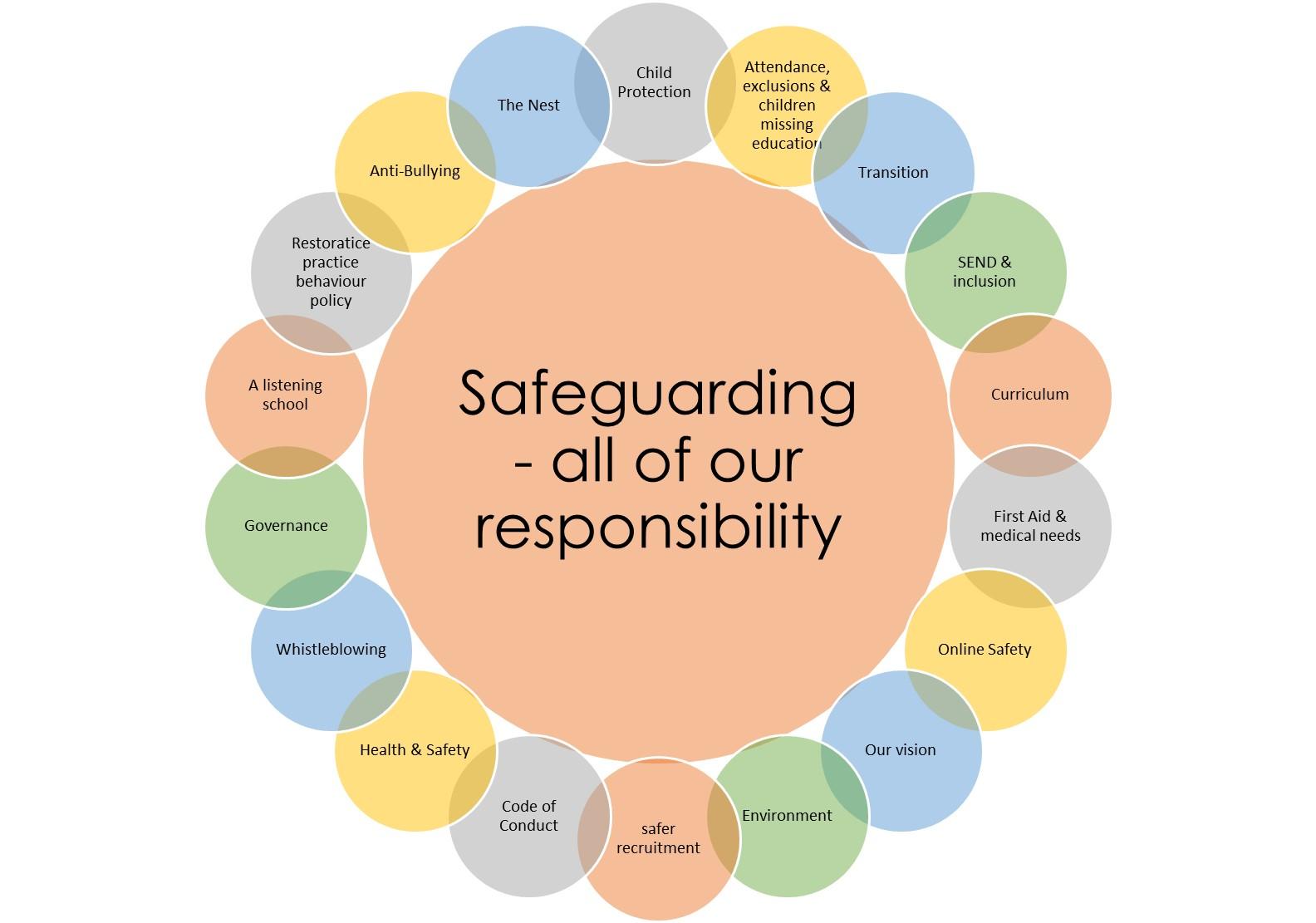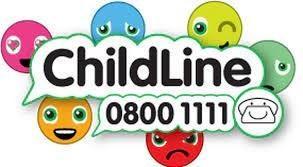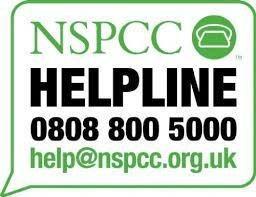Safeguarding

The Designated Safeguarding Lead at Perton First School is Mrs A Bennett, the Headteacher. In her absence any information should be passed on to the Deputy Designated Leads, Mr K Jones, Mrs E Harris Assistant Headteachers or Mrs H Aulton, Mrs C Vickers and Miss L Martin.
We care for each individual child as though they are our own child. We want the child to be loved and cared for, to grow in confidence also to develop a sense of responsibility. We actively encourage and welcome parents to be partners with our school in the education of their child.
Before your child starts school, parents are invited to informal meetings to get to know the school, the teachers and what the children will be learning.
At Perton First School, children are rewarded and encouraged both privately and publicly for their efforts in all areas of school life. Assemblies and Awards Presentations are arranged to celebrate achievements.
A variety of programmes of work are used in school to teach children how to keep safe and show positive and practical ways of dealing with potentially dangerous situations and cover the following areas:
- Road Safety
- Water Safety
- Personal Safety
- When and how to say ‘NO’
- Online Safety
- Anti-Bullying
- Stranger Danger
- NSPCC Pants
On entering school, your child is met at the door by a member of staff. They are fully supervised during the day and released from their classroom door by their teacher at the end of the school day. When your child is in school, the first point of contact is the class teacher. Your child’s teacher can be seen at the end of the school day or at a mutually convenient time arranged through the school office.
The school works closely with a range of agencies to safeguard all children. If parents wish to make a referral to Staffordshire Childrens Advice and Support (SCAS) in relation to any concerns they have about a child’s welfare they can do so by telephoning 0300 111 8007
The Prevent Duty
‘Prevent’ is part of a Government strategy which aims to stop people becoming terrorists or supporting terrorism. From 1 July 2015, schools and colleges have a statutory duty under the ‘Counter Terrorism and Security Act 2015’ to have ‘due regard to the need to prevent people from being drawn into terrorism’. Preventing terrorism also means challenging extremist views and intervening to stop people moving from extremist ideas into terrorism. Schools and colleges play an important part in allowing children and young people a safe space to explore their concerns and ideas, and to challenge prejudicial, discriminatory or extremist views. Schools must also ensure that they are promoting fundamental British values within their ethos and curriculum.
Children being drawn into extremism is a safeguarding issue which can also be a ‘child protection’ issue. This matter therefore should be specifically referenced within the school’s main child protection policy, and Governors may wish to adopt a more detailed policy so that governors, staff, parents and pupils have a good understanding of the school philosophy, the duties of the school and when the designated safeguarding lead will refer to children’s social care or the police Prevent team. This may also lead to a referral to the multi-agency Channel meeting convened be the local authority.
Channel is a key element of the Prevent Strategy. It is a multi-agency approach to protect people at risk of radicalisation. If any parents have concerns about any individual being radicalised, you should speak to the Prevent Officers. This can be done anonymously and confidentially by using the following contacts 01785232054, 0800 789321 or prevent@staffordshire.pnn.police.uk
Staffordshire Childrens Advice And Support (SCAS)
Have you got a serious concern about the safety of a child or young person up to the age of 18?
Do you think a child or young person is being harmed or is at risk of being harmed?
Are you worried that a child is living in circumstances where they are treated badly and not cared for properly?
If you’ve answered yes to any of these questions and you don’t believe that the child or young person is being supported by an allocated worker, please contact SCAS immediately on 0300 111 8007.



